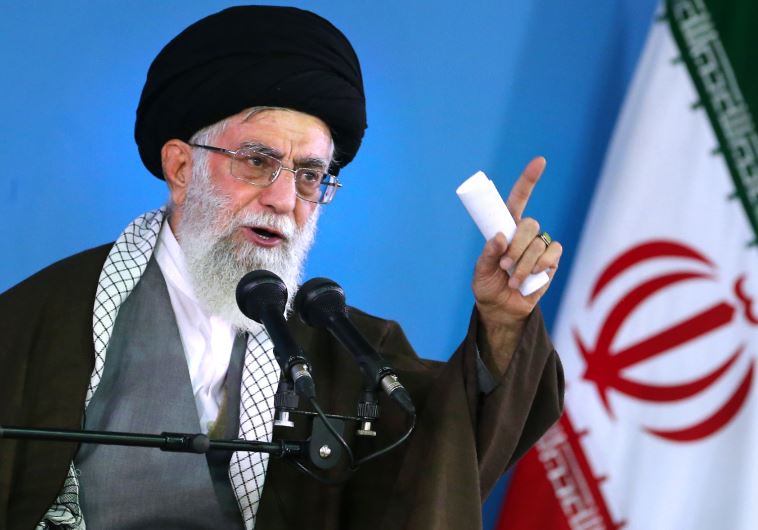A regional and global threat gains strength under Iran deal
The US, the West and the international community should not be blinded by the smiles of Rouhani and Zarif, or by the “success” of the nuclear deal.
 Iran's supreme leader, Ayatollah Ali Khamenei(photo credit: AFP PHOTO)
Iran's supreme leader, Ayatollah Ali Khamenei(photo credit: AFP PHOTO)